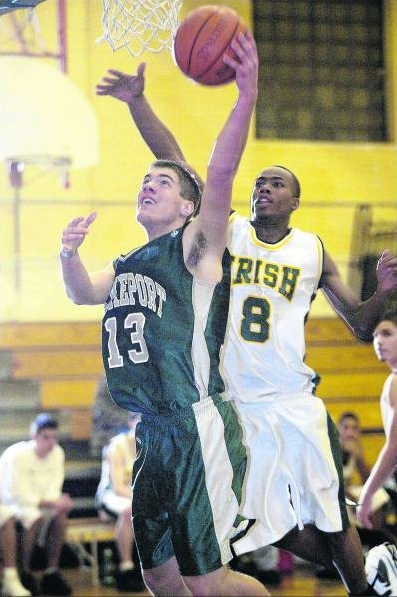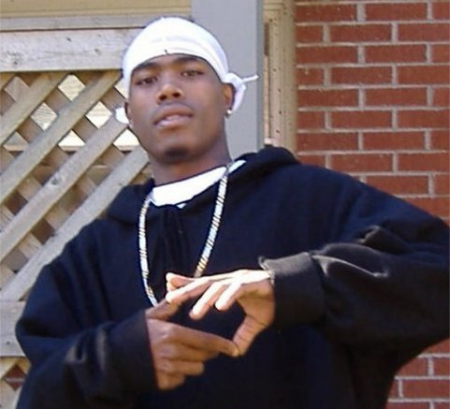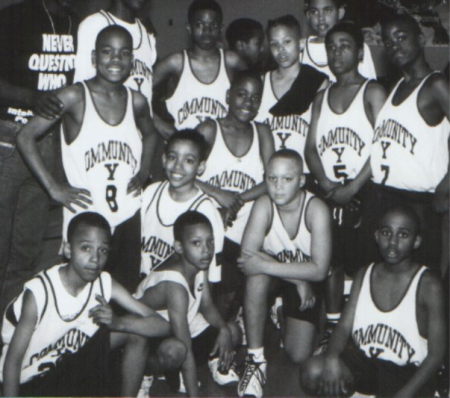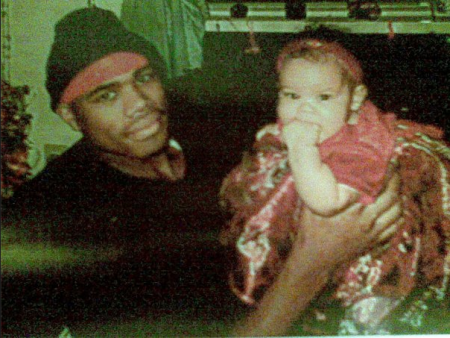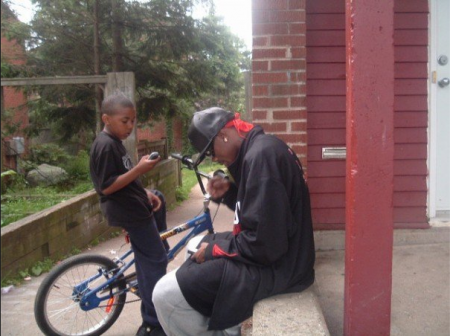Everyone called him Maury. Some of his friends called him Moose.
Jaurmar Carvery was a three-time provincial high school basketball champion. He grew up with a stutter, but it went away when he began playing ball.
He loved animals, especially Siberian tigers, his mother Susie Carvery said Thursday. He was fond of big cats, but was scared of kittens, she said.
He had two young daughters.
Maury died five years ago today. His murder is still unsolved.
At 12:08 a.m. on May 3, 2008, beat officers heard gunshots near Sunrise Walk and Olympic Court in the north end of Halifax. There they found the 21-year-old, who had been shot. Paramedics rushed him to the QEII, where he succumbed to his injuries.
The Halifax Regional Police declined to set up an interview with the lead investigator because the case is still active. HRP spokesperson Pierre Bourdages said police would not be releasing information pertaining to the investigation, other than the information above, published in 2008.
At the time of his death, Carvery was trying to turn his life around, Cornwallis Street Baptist Church pastor Rhonda Britton said Thursday.
Maury was the case study for Britton’s doctoral thesis on inner city violence. She is close to his mother, and met Maury months before his death.
When Maury was in high school, his girlfriend became pregnant and he began dealing drugs, Britton told the Halifax Media Co-op. He wanted to provide for them, she said.
His kids were his world, Susie said.
He was an “ethical drug dealer,” Britton said. He never sold to kids, she said, and he would buy clothes and sneakers for the young people in the neighbourhood if they wanted or needed them.
When he died, Maury was facing charges of possessing a switchblade and marijuana. In 2006, he was convicted of uttering death threats against an HRP officer.
In the last six months of his life, however, the young man began attending church after a lengthy hiatus, and found a job, Britton said.
Susie said many people in the neighbourhood believed they knew who shot her son. The theory is that two young men killed him on orders from a higher-up dealer, she said, and now one of those boys is in jail for a different crime.
Susie, Britton and a young man who knew Maury but didn’t want to be named said people in the neighbourhood had called Crime Stoppers with tips about the murder.
"In many homicide investigations, we get information very quickly that leads us to believe certain individuals may be responsible," HRP spokesperson Jeff Carr told the Chronicle Herald on May 15, 2008. "Sometimes that information turns out to be accurate, sometimes it doesn't, but it does provide us with something to work with.
"It's one thing for us to gather information. For us to actually build that information to the point where we can make an arrest and lay a charge is often the most challenging part."
“Everybody may know, but do you have enough evidence in a court of law?” Britton said.
Following Maury's death, Susie said her large family brought her “too much food.”
The Uniacke Square neighbourhood held a vigil for him. People placed stuffed animals, candles and flowers near the spot he was killed.
At his funeral on May 9, 2008, hundreds of people packed the Cornwallis Street Baptist Church. An overflow crowd waited outside. They wore purple ribbons to symbolize peace.
“In many ways, [Maury] was a victim, and one of the ways he was victimized was he was victimized by the community. Because the community did not hold him accountable for what he was doing that was wrong,” Britton said.
“He was a likeable guy, and you know, people liked him, so they kind of looked the other way when it came to the illicit activity he was involved in, rather than holding him accountable to it, which is something that community, if it wants to improve itself, has to do.”
“Through our grief over this unimaginable tragedy, may we collectify and remind our children of their brilliance; remind them that no matter what they begin to hear about their community; that they are in store for big things in their lives,” Taryn Della wrote in an editorial in the Weekly News the day of his funeral.
“Losing our boys like this is unacceptable on any level. It matters not the community but the tragedy in and of itself. Let us please, walk toward life-altering solutions. …As a community, we shall grieve and move forward and seek ways to nurture the Maurys.”
